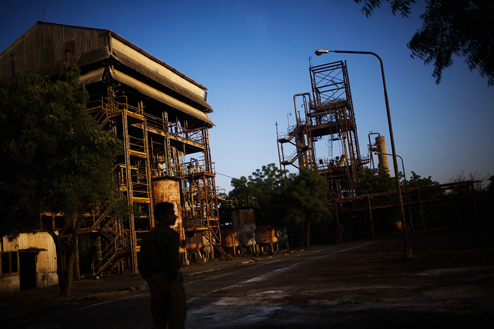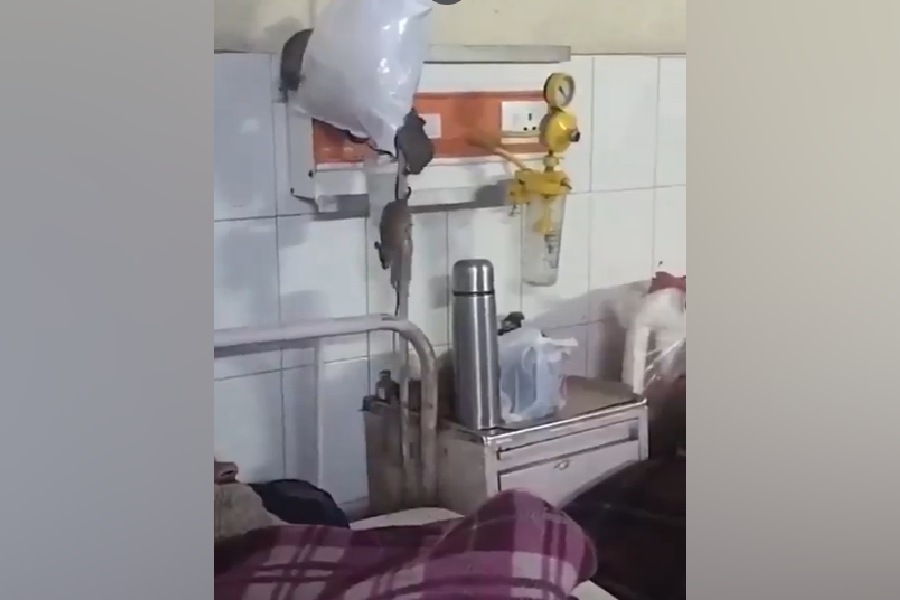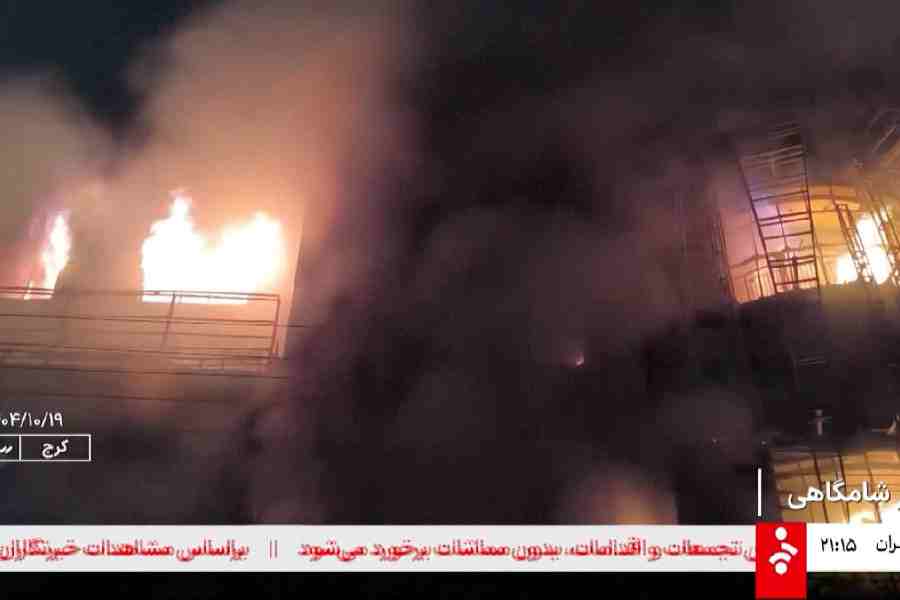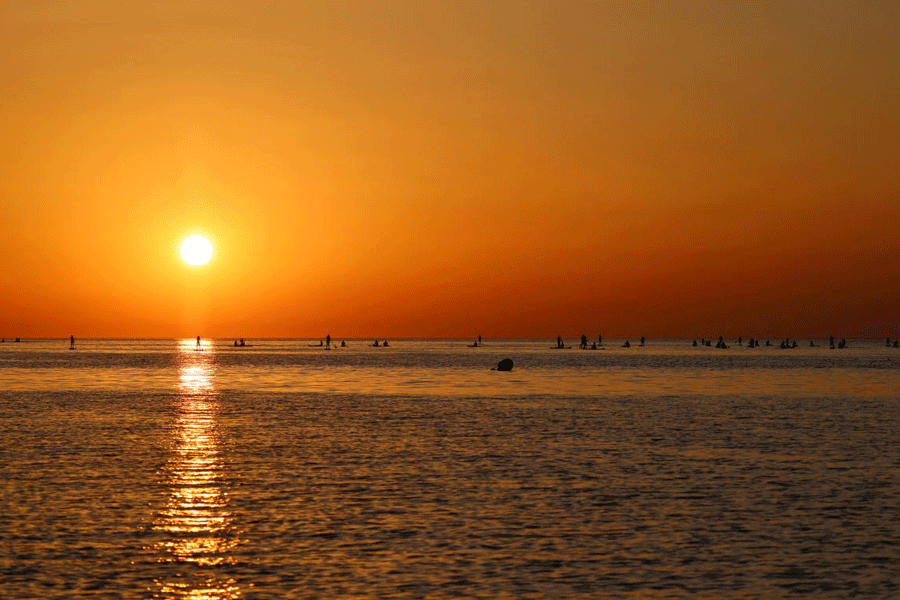
HISTORY HAS a way of leaching into the present in Bhopal. Sometimes it is understated and sometimes quite dramatic.
Over three decades after a deadly gas decimated thousands, and two years after the death of Warren Anderson, the gas-manufacturing company's head and the city's most infamous fugitive, at the ripe old age of 93, warrants have been issued to two government officers for escorting Anderson to a US-bound plane.
Moti Singh was then the collector and Swaraj Puri the superintendent of police, and Anderson was fleeing a non-bailable warrant. Now, a moment of reckoning seems in store for his support cast.
When the gas leaked on a winter's night, it first sneaked into the City. That's old Bhopal, capital of the city-state founded by Dost Mohammad Khan in the 17th century.
Even today, its bylanes and old kothis, the fragrance of shami kebabs and surviving mahals summon a feisty, composite culture. In the winters, there are the mushairas and events in old palaces like Gauhar Mahal that was built by Quidsia Begum, who at 18 became the first woman ruler of Bhopal.
The begums of Bhopal were also known as nawabs since they were the actual heads of state, and known for their adept administration. Present-day late-night mushairas in City will see men and women (with barely a burqa in sight), thrilling to poetry at 1am.

Silver-tressed and striking, Sonia Rashid strides into The Retreat, her hotel where the alfalfa she planted stands tall and luxuriant. Sonia married Nadir, great-grandson of Nawab Sultan Jehan Begum, a direct descendant of Quidsia.
A child of the subcontinent, having lived in the former East Pakistan and been educated in Lahore, Sonia was slow to warm to her new city. Her father had quite the collection of vintage cars in Lahore. Bhopal, the administrative capital of Madhya Pradesh, boasted an endless line-up of Ambassadors and Fiats. She was quick to zip around in an open Jeep. Now she is a rally driver.

Up for the smart city tag, Bhopal has grown manifold. Yet, it constantly chafes at its past. The smaller tanks and ponds in the old city have long been built over. One day, the charming boat ride across the chhota talab to the premier girls' college in City came to an abrupt end. After 50 years of existence, Maharani Laxmibai College was made to swap premises with the Hamidia Boys' College in 2005. There never was a convincing official explanation, but a lecturer of the college said, "Woh apni ladkiyan le ja rahe they," referring to the frequent Hindu-Muslim romances that were fodder for gossip.
Old Bhopal is now a requiem in progress. "City is being gouged," says Sonia. It is no exaggeration. Parts of the galis teeter with facades that don't support walls - more Aleppo than Avila.
Bhopal also happens to be the city where the legacy of dhrupad is nurtured. The Gundecha Brothers, Umakant and Ramakant, chose to set up their Dhrupad Academy here. They are probably among a handful of classical musicians of their generation from the Jain community, says friend and aficionado, Vasanti Vasu. "Credit goes to their remarkable father, a man of modest means who pulled them out of school so that they could follow their passion under the tutelage of the Dagar brothers, Zia Fariduddin and Zia Mohiuddin, who were in Bhopal," she adds.
A legacy that has aged well is the bada talab. It knots Bhopal firmly into the scenic tag. And yet, there is something even better if the weather is good. To look at the confluence of past, present and what is round the corner, there is no better vantage than Manua Bhan Ki Tekri, on a steep slope fringed by trees and a Buddhist temple, from where the vista is like a Company miniature.

Amidst this brooding beauty, a jailbreak makes headlines. Eight allegedly fleeing undertrials from Bhopal Jail are collectively shot mid-chest by police. Good riddance, crow some. Encounter-executions, snarl others. Justice a casualty? But it's only Bhopal.
Manjula Sen











